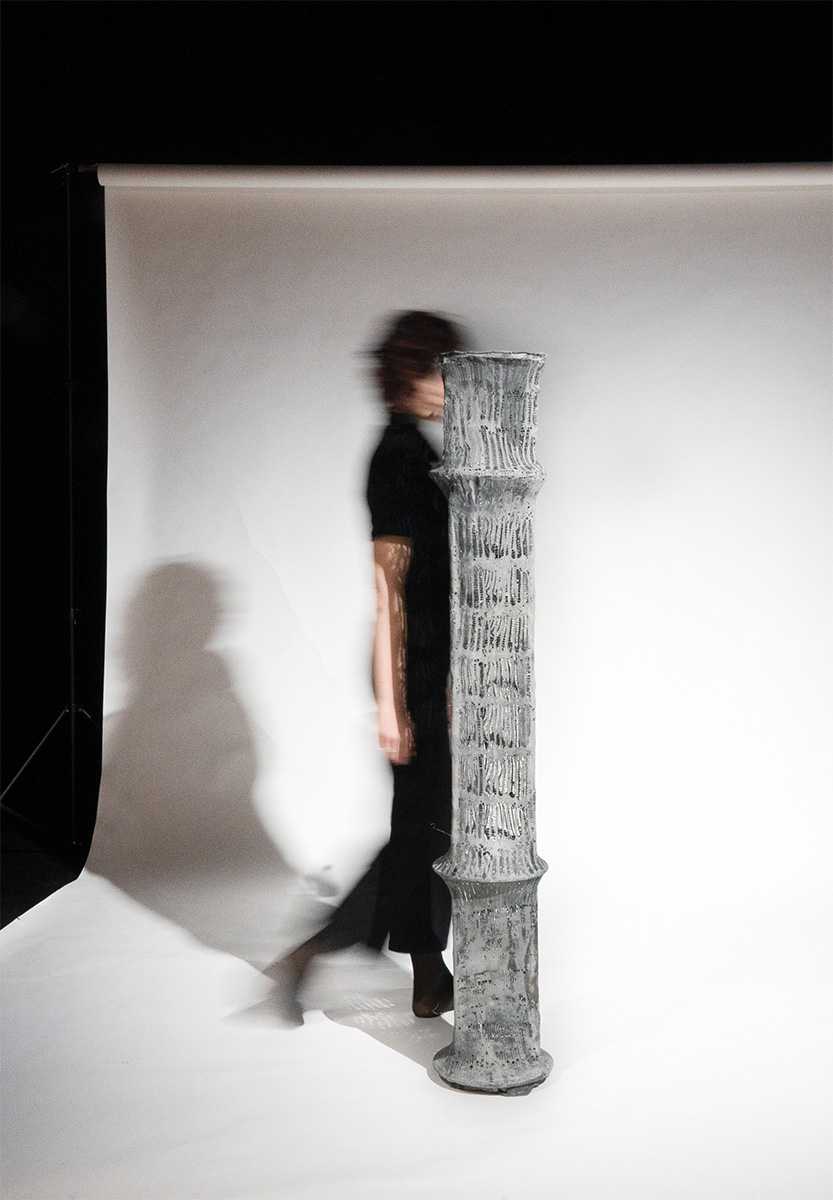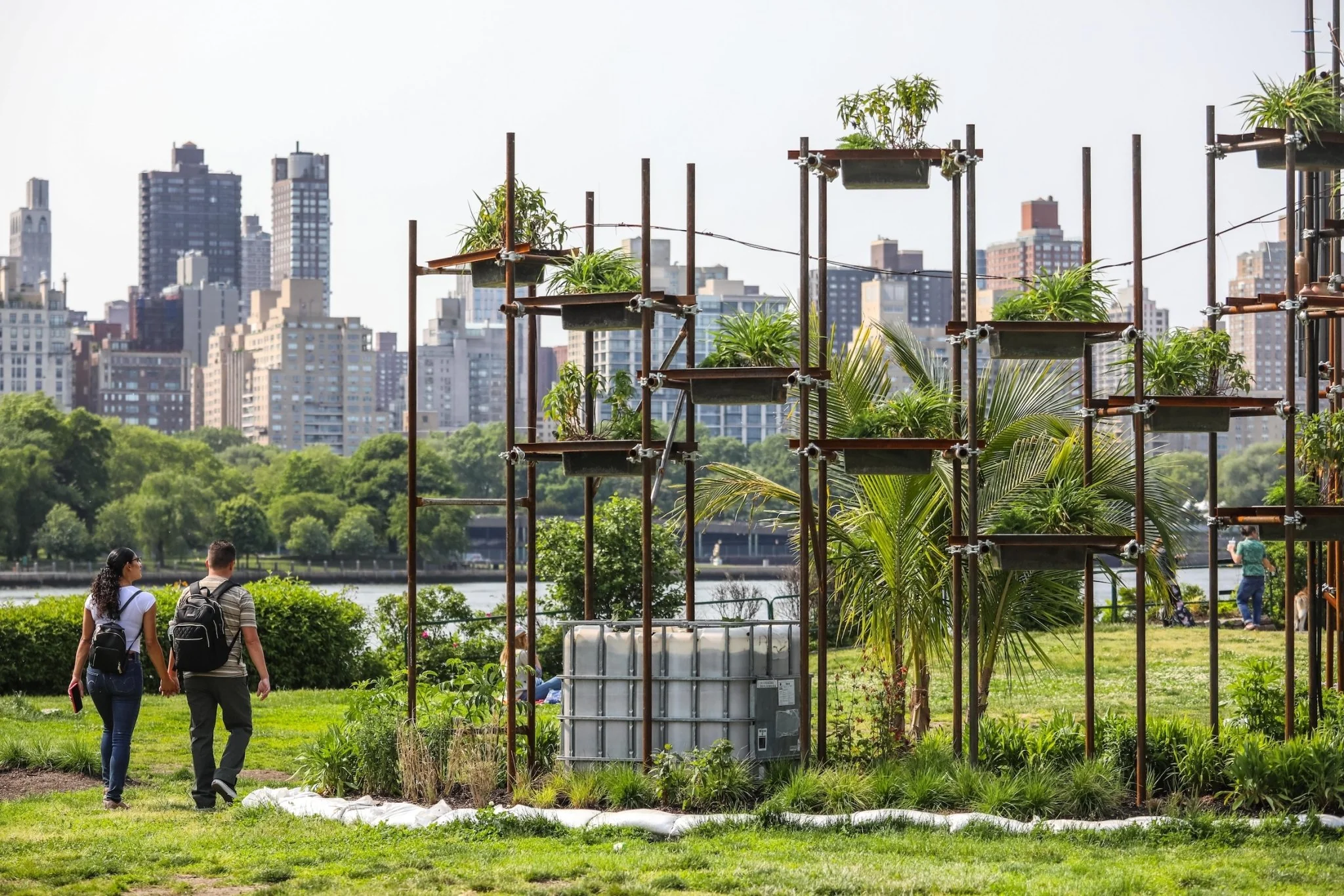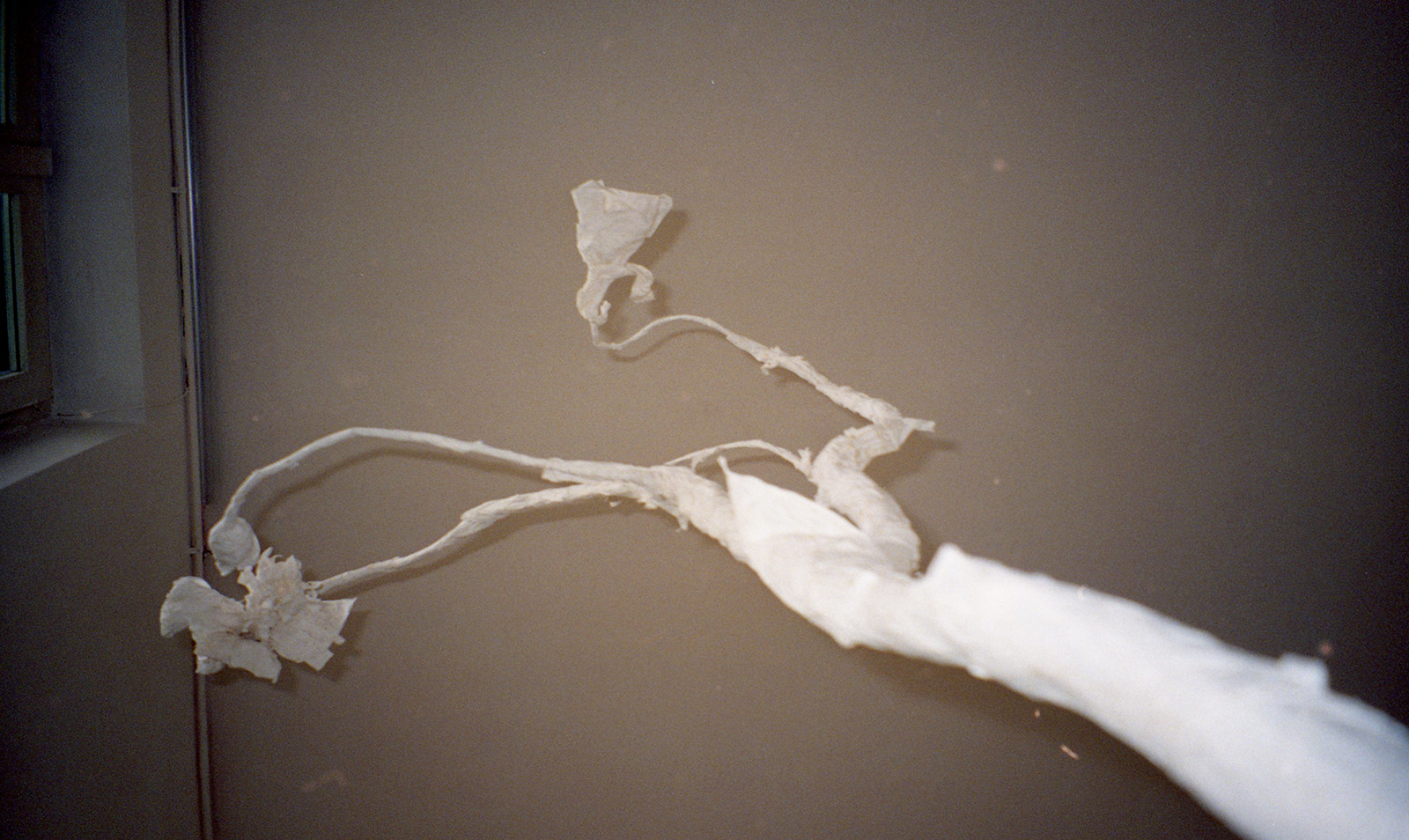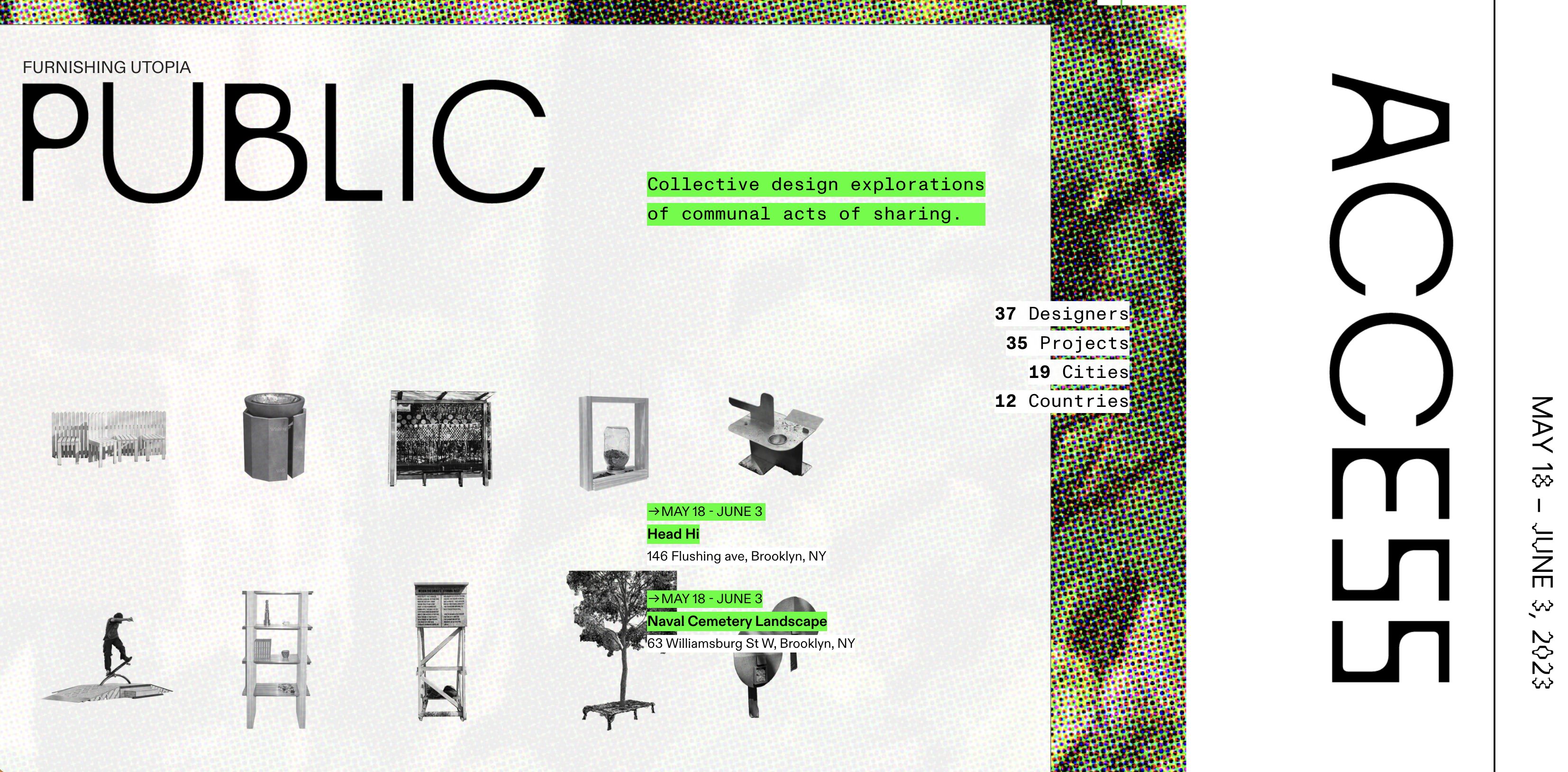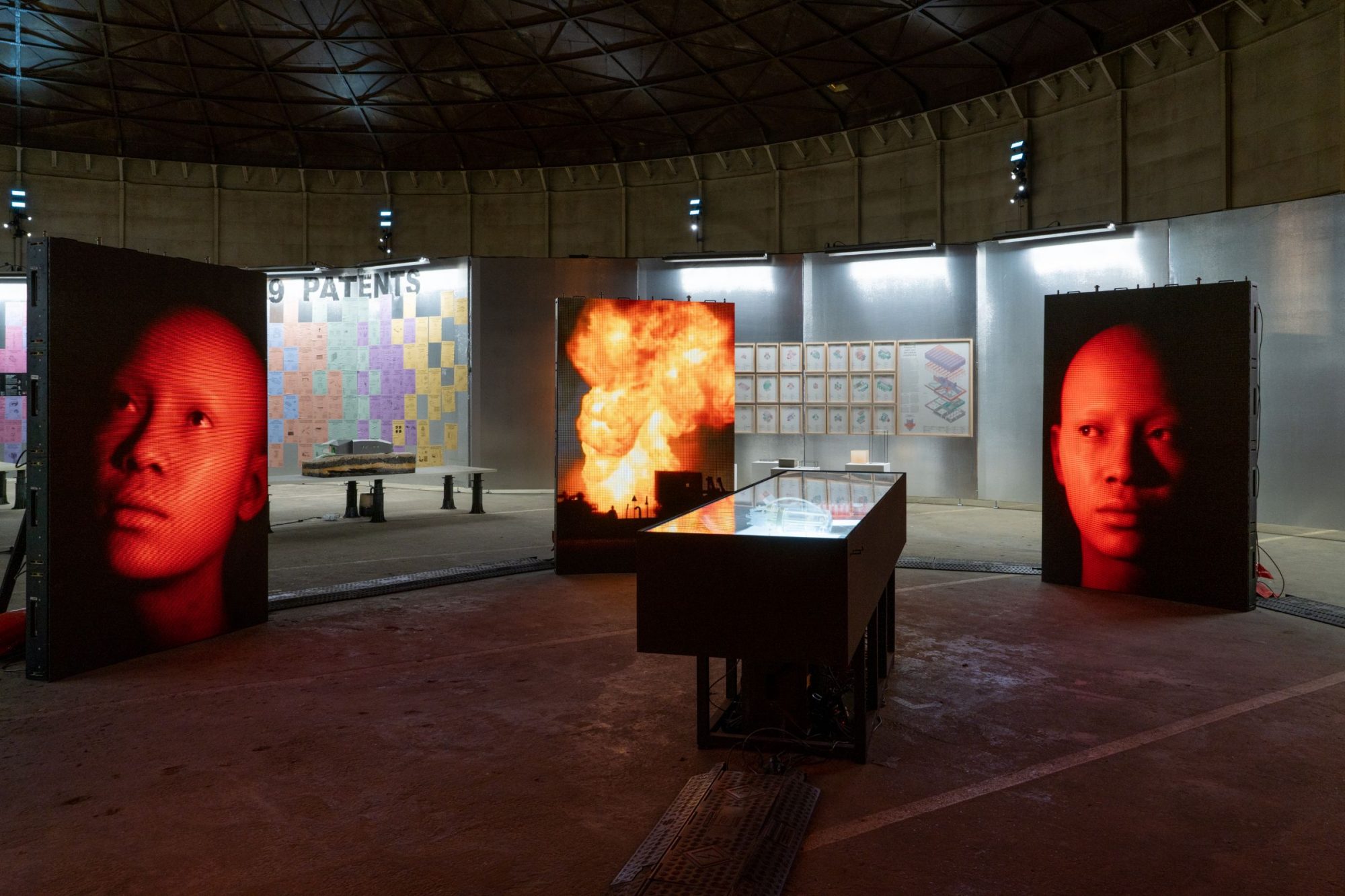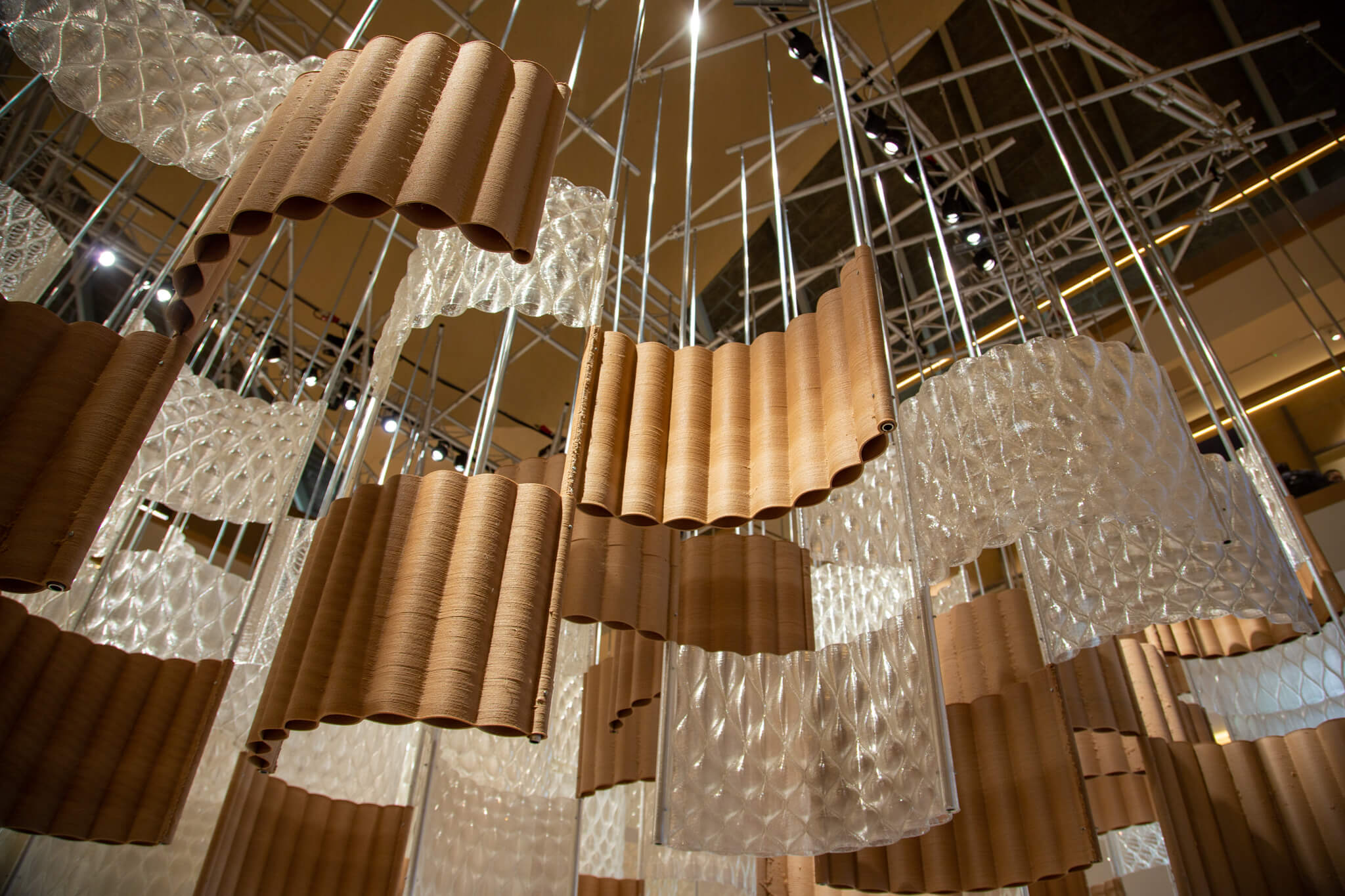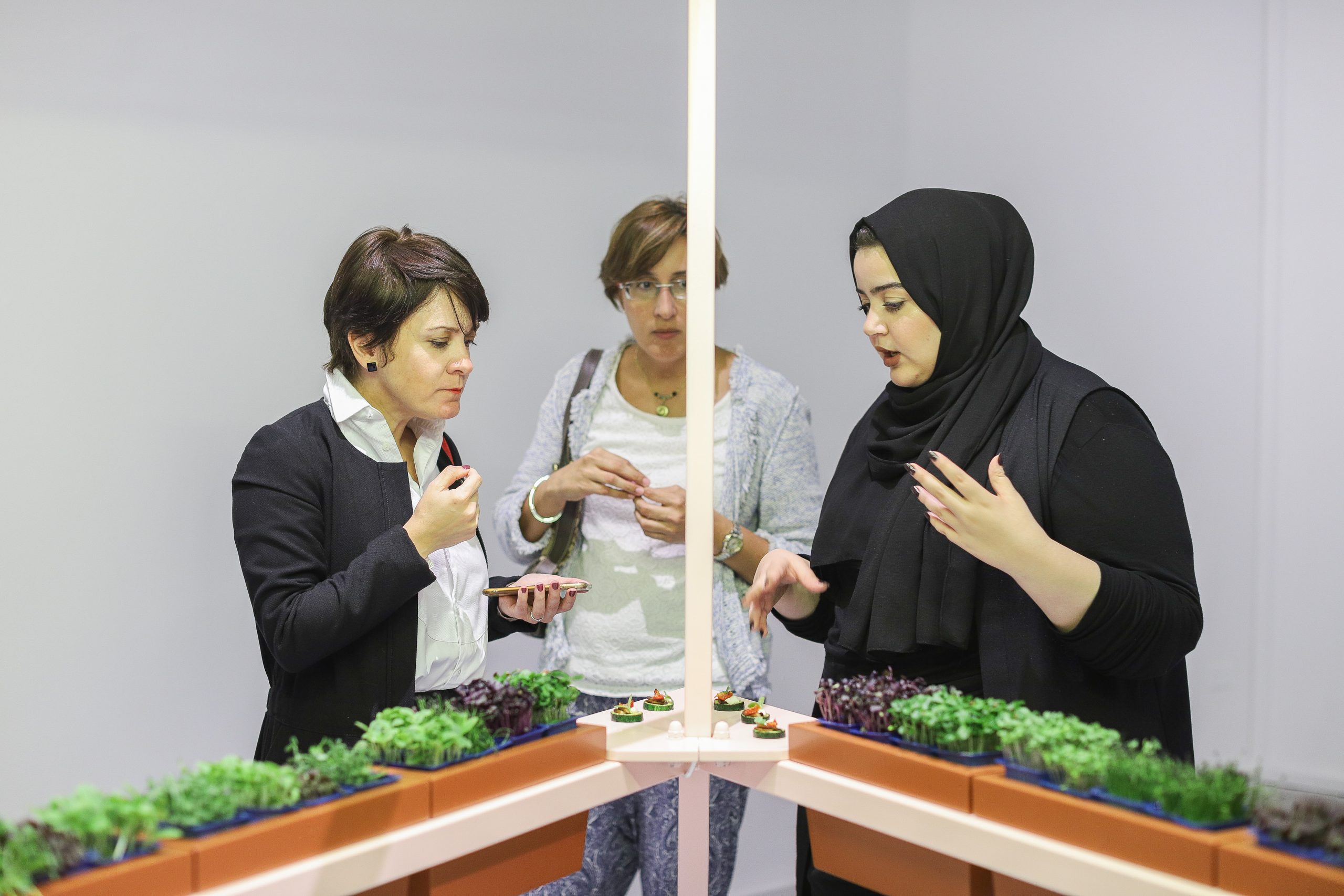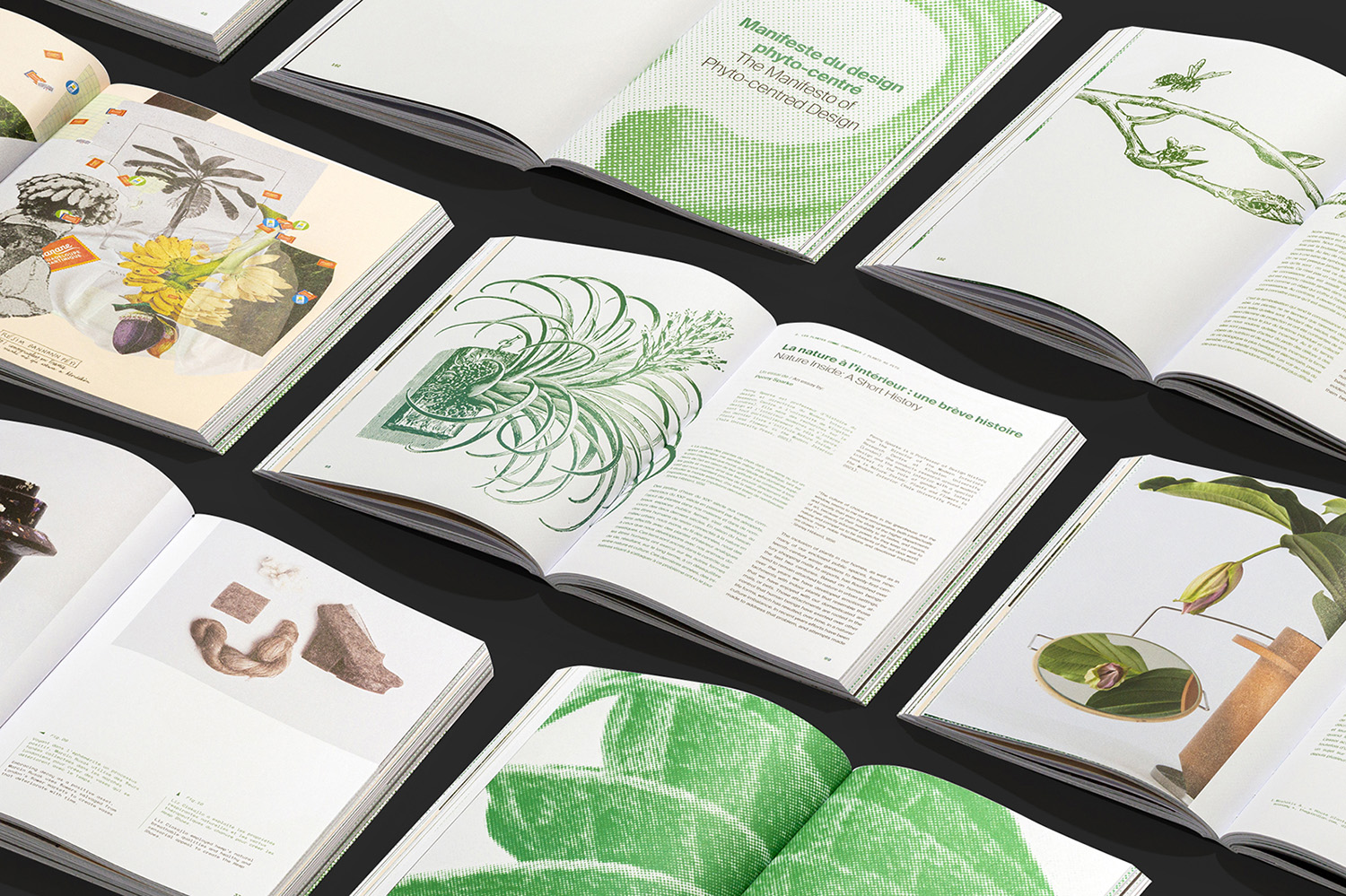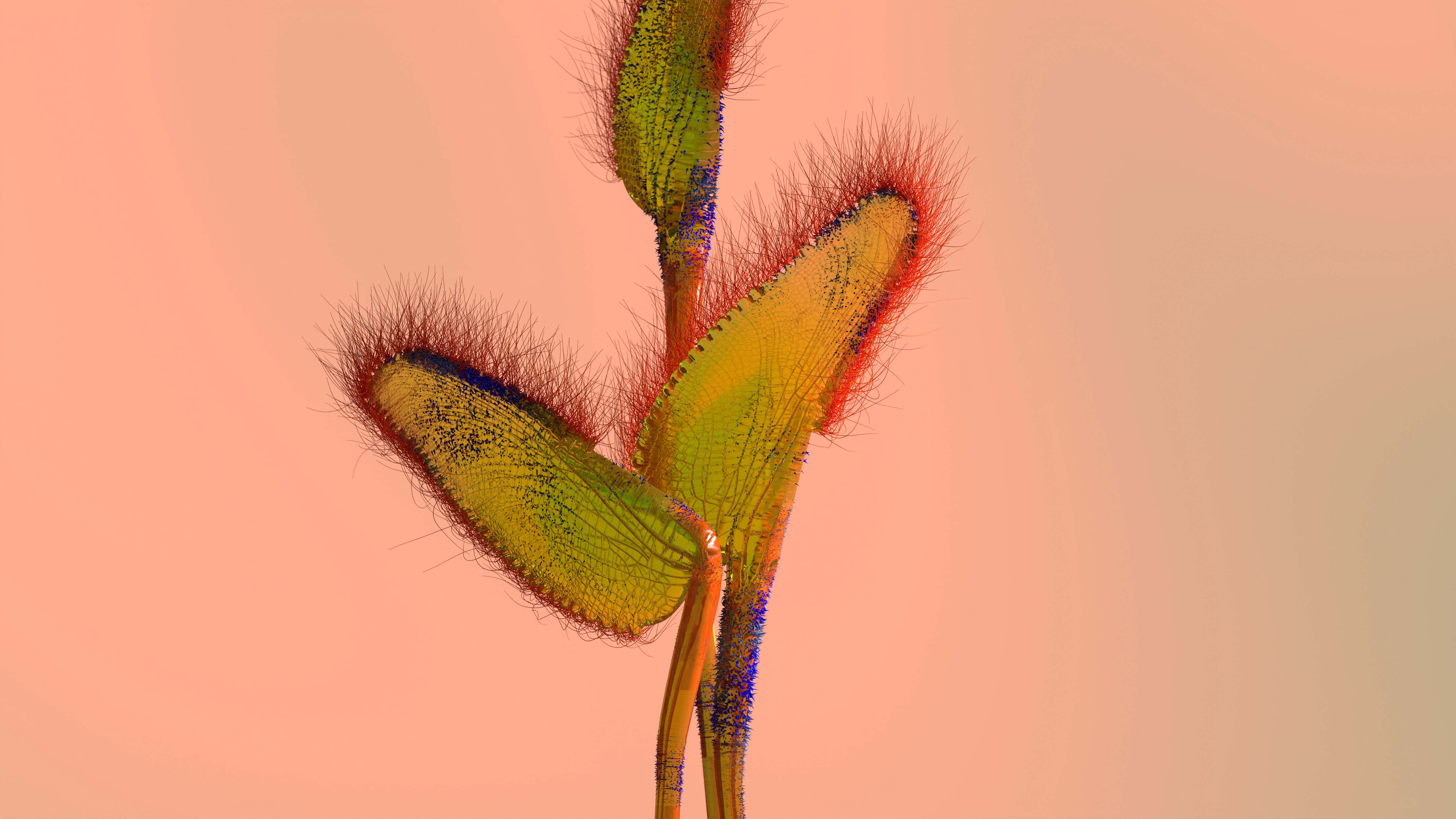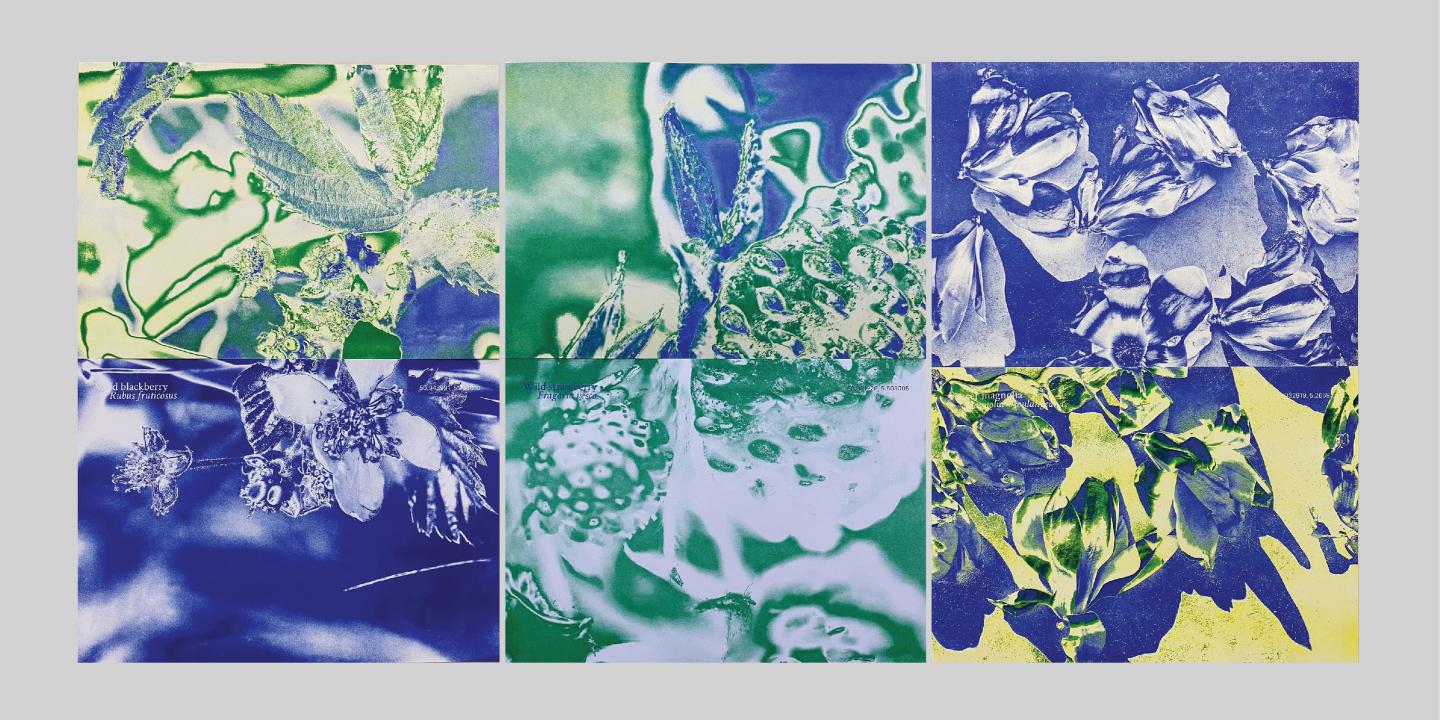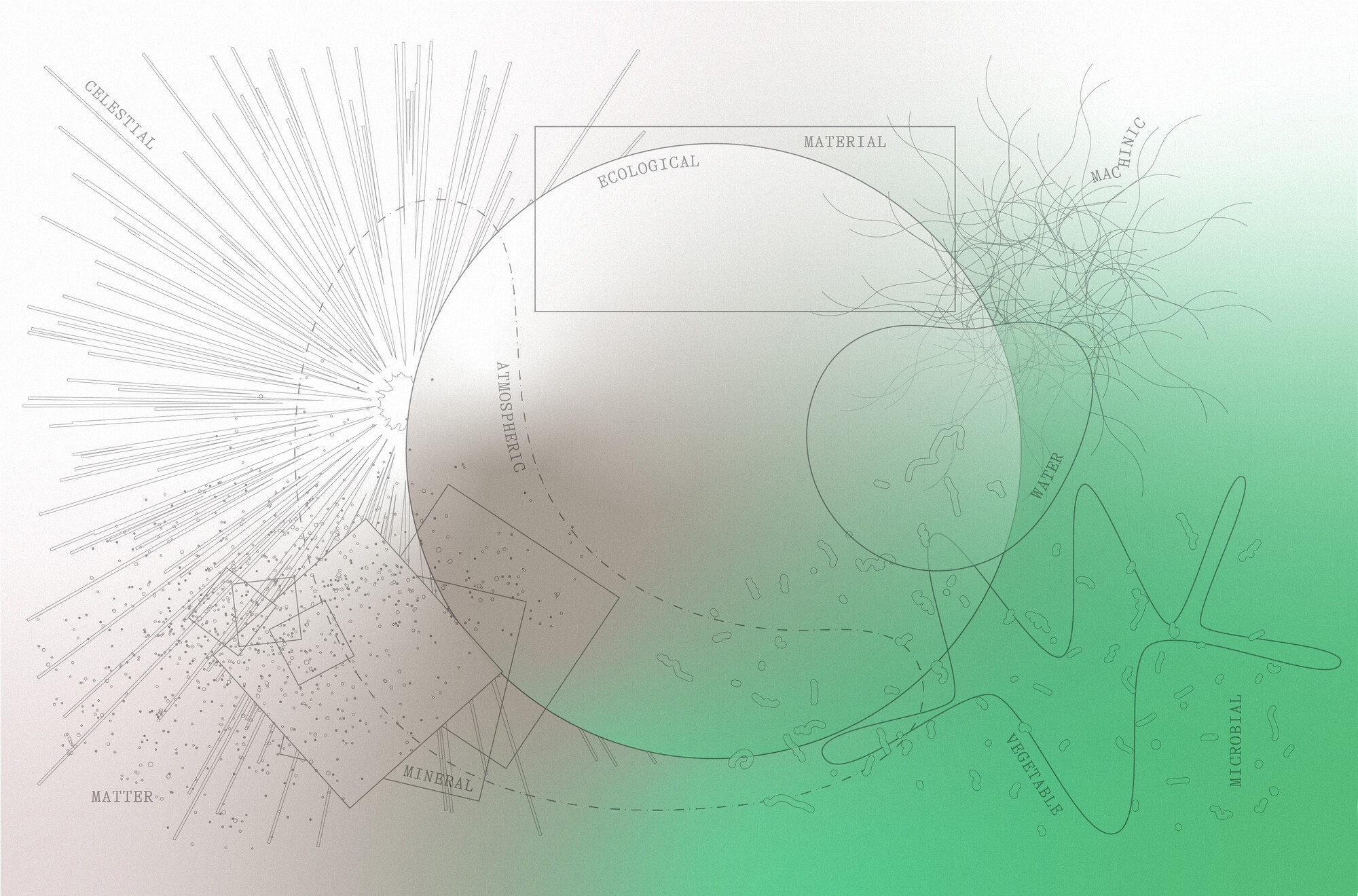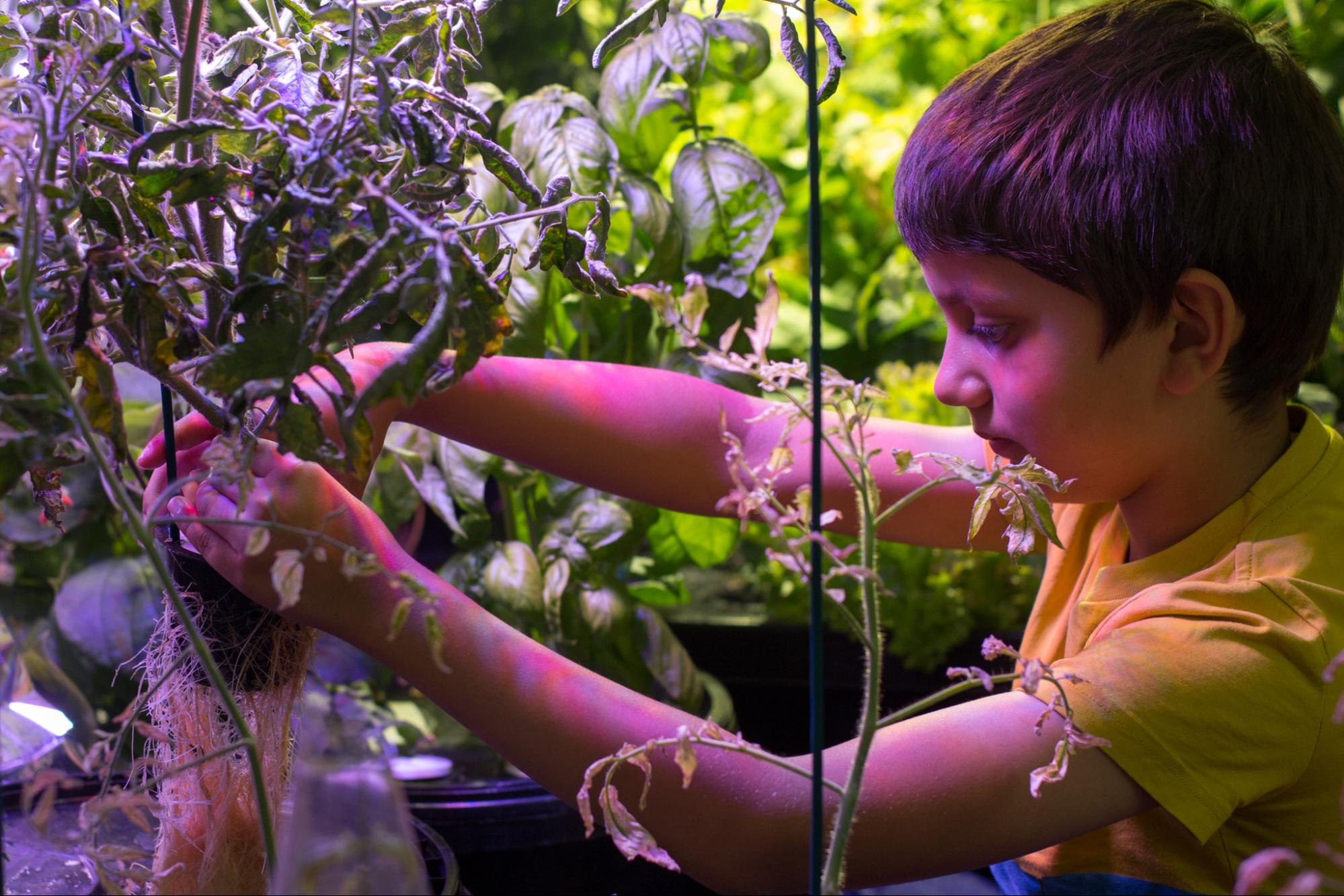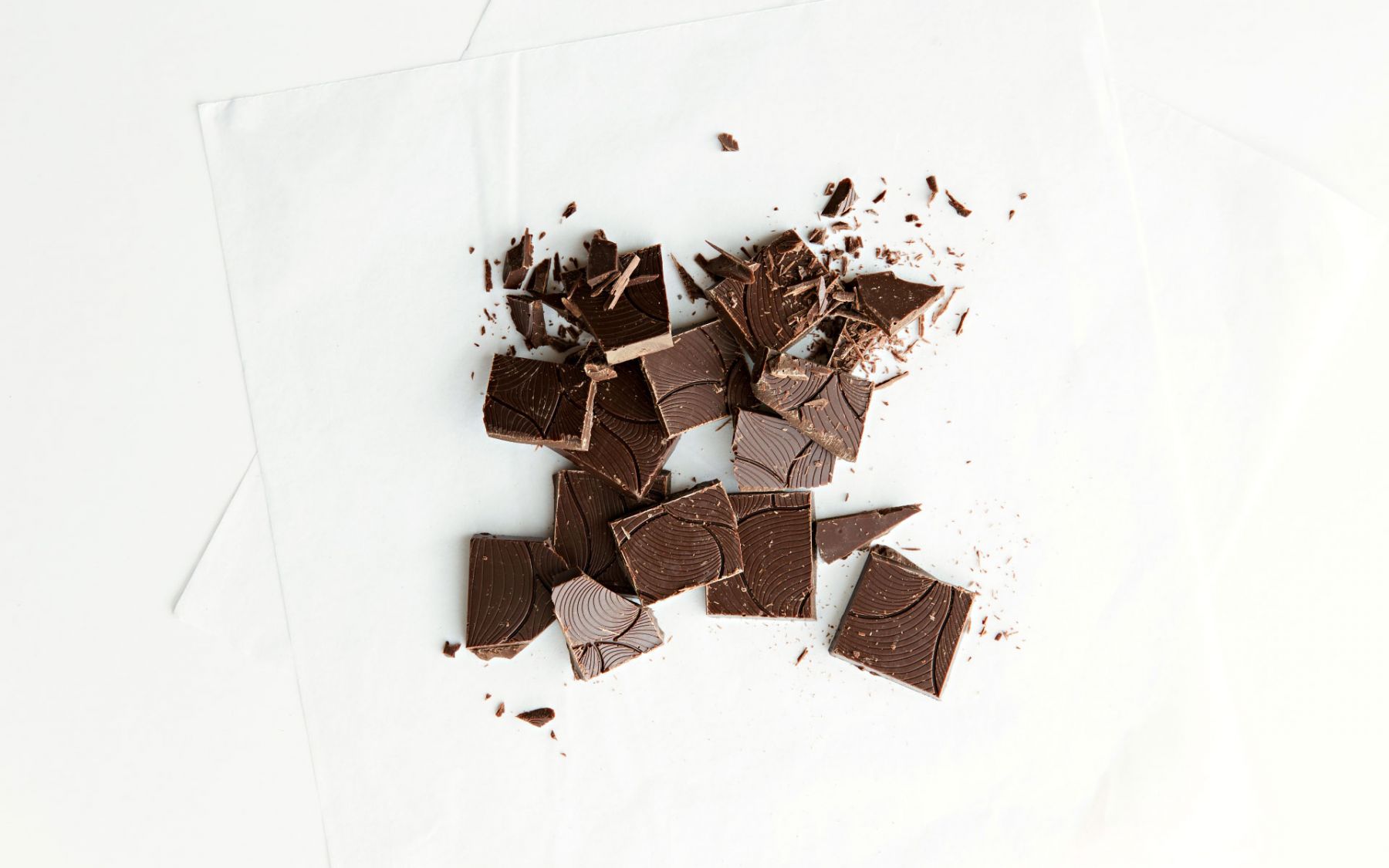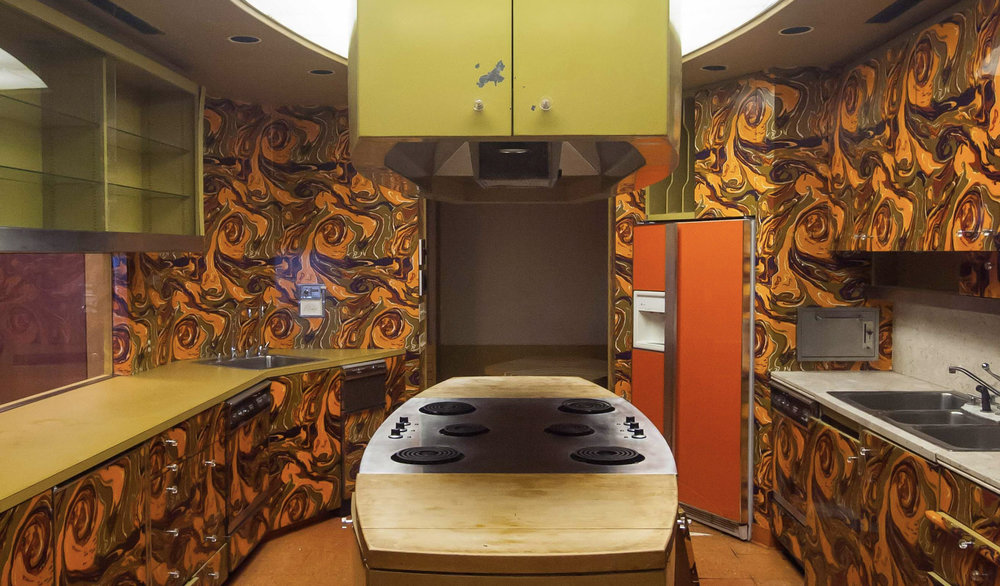What is a kitchen if not a central place for caretaking, production and exchange? As part of the 2020 Istanbul Design Biennial, Empathy Revisited: designs for more than one, the curators have opened an international call for food design projects reflecting the specific ecological, economical and geopolitical contexts of today.
Inspired by the concept of sofra, a term that refers to setting the table for a communal meal, the open call is two-fold: the first asks for “tools” found in kitchens—objects that expand typologies of utensils and systems for food preparation. The second call around “menus” opens up for multi-day programs or projects that, “rethink the role of host and guest, establish collective practices, and build strategies to communalize the kitchen.” These “menus” can take the form of performance, lectures, workshops and screenings.
Overall, this Biennial is exploring the concept of empathy by raising fundamental questions:
- What structures of collective feeling does design put forward?
- How might we design for—and from—more than one perspective, one dimension, one body?
- How might we revitalize our understanding of empathy to answer these questions?

Across cultures, the kitchen is a metaphor for care, a physical space that is both a place of production but also a place of warmth and safety. Historically, domestic kitchens have been a realm relegated to women while professional kitchens tend to be dominated by men. Thanks to a system developed by the lionized French chef and writer Escoffier over a century ago, the hierarchy of labor known as the brigade de cuisine still dominates the professional kitchen, linking its structure to the military institutions that inspired it. But as the curators call out, the kitchen has consistently been a site for designers to examine practices of power, labor, production and hospitality. From the open call text:
Margarete Schütte-Lihotzky’s design for the Frankfurt Kitchen (1926) introduced efficiency to domestic labour; Martha Rosler’s Semiotics of the Kitchen (1975) is a feminist performance parody of television cooking demonstrations, where kitchen tools become alphabetised and gestures indicate rage and oppression; Carol Goodden, Tina Girouard and Gordon Matta-Clark’s conceptual restaurant FOOD (1972) was a space of encounter for local communities in a gentrifying New York City. More recently, Michael Rakowitz bridged connections between hostility and hospitality in his Enemy Kitchen (2003); while Anna Puigjaner’s Kitchenless Cities (2016) offered a new typology for organising and distributing domestic spaces.
See more about the Open Call for the Kitchen here. Final day for the submission is February 28th.
